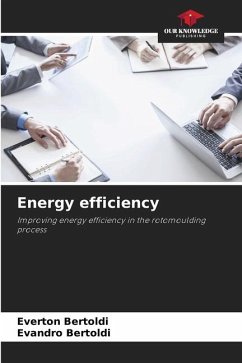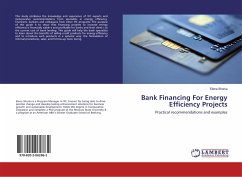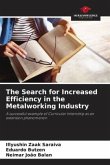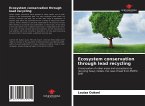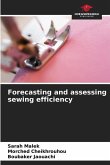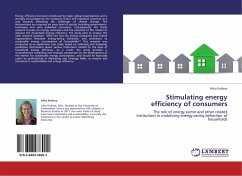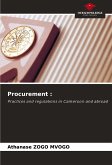The aim of this study is to improve the energy efficiency of a rotational moulding production process, optimising the consumption of electricity and liquefied petroleum gas (LPG) while maintaining the quality of the products produced. A practical investigation was carried out to monitor and understand the production process, and based on the theoretical framework, actions were proposed so that the objective could be achieved. The actions helped to define the process parameters, emphasising the furnace time, which was identified as the main cause of problems with non-conforming parts. From the results obtained, it was concluded that energy efficiency in a production process does not necessarily require high investment. In addition to the economic factors, the study enabled adjustments to be made to the internal procedures of the company sectors involved in the production process. The figures presented refer to the dollar exchange rate of R$ 3.25.
Bitte wählen Sie Ihr Anliegen aus.
Rechnungen
Retourenschein anfordern
Bestellstatus
Storno

